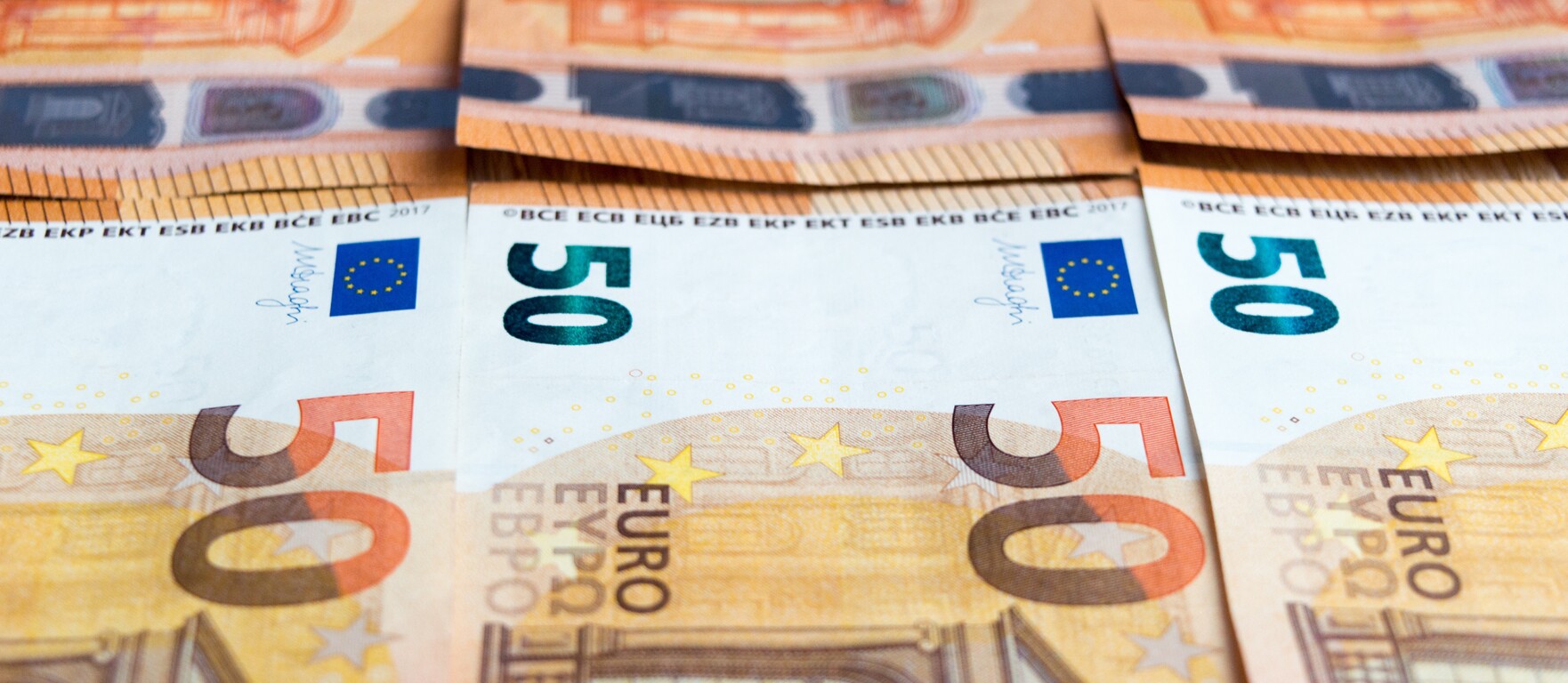
What factors are driving attitudes to the EU’s proposed energy windfall tax?
15. 09. 2022 – Lomond
Yesterday, European Commission President Ursula von der Leyen outlined the EU’s proposal for a windfall tax on “major oil, gas and coal companies”. The Commission hopes that the “solidarity contribution” will raise more than €140 billion for member states to “cushion the blow” of soaring energy prices for consumers and small businesses. Although she didn’t go into the details yesterday, it seems that these firms will be required to contribute 33% of their taxable surplus profit from the 2022 fiscal year.
The proposals still need to be approved by member states, not all of whom are aligned.
Given the reality of rising energy prices everywhere in Europe, a windfall tax on fossil fuel companies might seem like a no-brainer, so it is worth considering why member states are taking different stances to the windfall tax proposal.
This is a very complex area, with government attitudes shaped by a huge range of factors – economic, political, technical and, in some cases, ideological. Another factor, which has been given a bit less attention, is governments’ perceptions of the companies that are potentially going to be the subject of the windfall tax. Time will tell, but with that in mind, here are the largest Oil & Gas companies which are headquartered in Europe:

Looking at this list with a Central & Eastern European hat on, most of these companies have a strong footprint across this region and, particularly in the case of OMV, PKN Orlen, Total and MOL, will be generating a good proportion of their profits in CEE countries outside their home market.
There is no doubt that this will be affecting attitudes in some Ministries of Finance across CEE. It’s a very obvious point, but it’s much more palatable to tax foreign-owned multinational companies than home-grown international success stories (which policy-makers, rightly, typically look to protect).
It’s definitely not the only factor, but is this one driver behind Poland’s opposition to the EU windfall levy on energy firms?